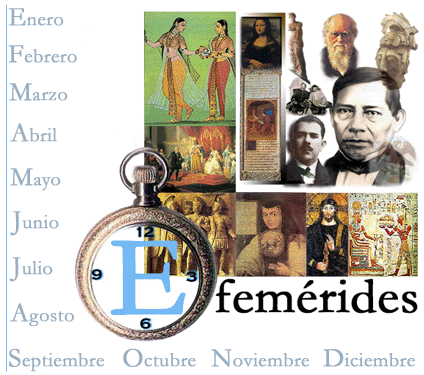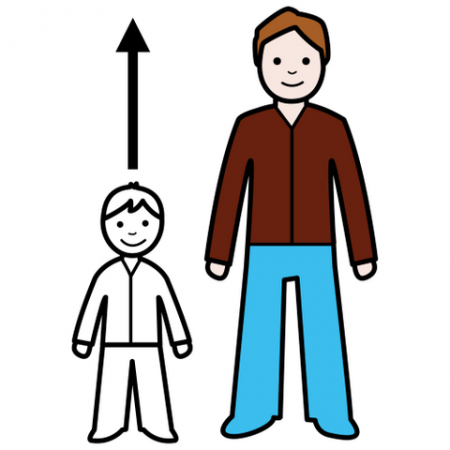 The word character It is widely used in our language and we usually apply it to refer to various issues, while one of the most used uses is to refer to the series of psychic and emotional qualities that an individual presents and that of course will affect their behavior, thoughts, actions, among others.
The word character It is widely used in our language and we usually apply it to refer to various issues, while one of the most used uses is to refer to the series of psychic and emotional qualities that an individual presents and that of course will affect their behavior, thoughts, actions, among others.
Psychic and emotional conditions of a person that affect their behavior and thinking
Likewise, this sense of the word can be applied to groups, communities, among other social groups. "The character of the Argentine people is usually very cyclothymic in political matters.”
It should be noted that these characteristics that define someone's action and thinking are what will determine the way in which that person will tend to act in a given circumstance.
Even more, that will single him out and will make him act in the opposite way, for example, in relation to another individual, precisely because of those conditions.
A unique brand that differentiates us from the rest and that comes from hereditary, social and educational factors
Character is the unique and outstanding mark of the human being, which makes it different from the rest.
Now, that hallmark that we call character is made up of a combination of factors: hereditary, that is, by characteristics that are imprinted in our genes, by learning and personal experience.
Now, character is not the same as temperament and that is important to clarify because it is common to make mistakes in this regard.
Differences with temperament
Temperament has an eminently biological and hereditary component that acts as a weapon on which character develops.
Meanwhile, character is a series of psychological dispositions that are born from the temperament shaped by education, will and habits, and that are influenced by the environment, culture, and social and family environments with which one interacts.
Character plays a key role in all the actions, activities and areas in which we intervene, therefore, its negative or positive consideration will have a significant impact on them.
Thus, a person who is considered to have good character will enjoy a higher reputation and value than one who is known for his bad character.
People with a bad character find it more difficult to get along and socialize with others, while those with good character tend to be very well received, have many friends and their projects are more successful.
Socially, people who do not have a good character tend to flee, not only because they do not have a positive vision of life but because they tend to have a recurring tendency towards mistreatment of others.
Psychology calls a dominant character that person who is capable of imposing his ideas and proposals on others and who is capable of assuming himself in front of others as a leader.
This state of affairs is also noticeable among animals.
On the other hand, the word character serves to express the condition that arranges something or someone and what is the one that makes it unique and different from the others. “The wood of the table is of solid character, you will not find something like it.”
Firmness and energy that someone has
Another recurring use that we attribute to the term is to indicate conditions such as firmness and energy that someone presents. “ Your son has a lot of character, I don't think he gets along with mine, since he is the same in that sense.”
Imprint on the soul
This word is also used to indicate that trace, mark, of a spiritual nature that a lived experience or knowledge leaves imprinted on the soul of a person.
Letter that makes up a word
At the behest of the typography, the word character has a hyper popular use since in that way it is called a letter or sign with which we make a word, sentence, phrase, among others and that people use extensively to communicate.
Without the characters it would be impossible for us to express ourselves and hence its relevance at the behest of communication.
In another context in which the aforementioned sense also presents a great presence is in the computing, since the signs that make up just a word are popularly known as characters.
Furthermore, it is common that when we are entrusted with some work through a text editing program, we are told the minimum number of characters that it must have.
Even at the bottom of the window of the program in question an indicator appears that precisely counts the number of characters entered.









